20 Healthy Habits for Emergency Preppers
Preparing for emergencies requires practical skills, mental resilience, and physical well-being. Adopting healthy habits can significantly enhance your ability to navigate challenging situations. I want to talk about 20 healthy habits for emergency preppers.
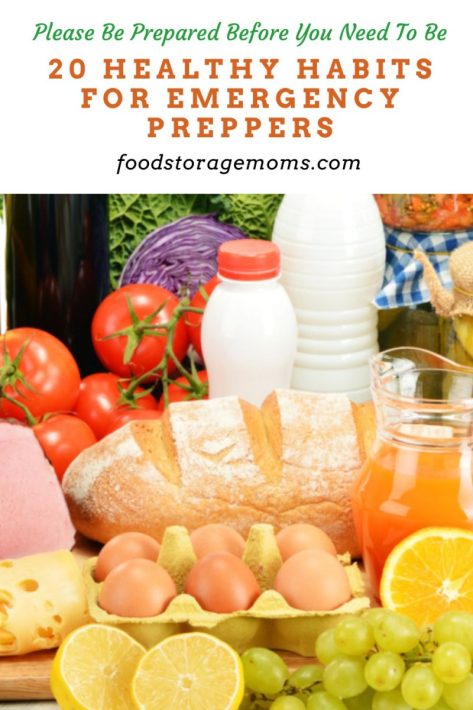
1. Physical Fitness
Maintaining good physical health is crucial for emergencies. Regular exercise, including cardiovascular and strength training, ensures that you are physically capable of handling demanding situations. Fitness for Survival
We never know what kind of emergencies will come our way. In case of floods and the water is on your doorstep, you may need to heft sandbags. With pending hurricanes, it could require you to trim trees and bushes and install wood coverings for your exposed windows. After earthquakes, there may be all sorts of items that shift locations, requiring you to relocate them back in place or discard them. All these activities require some physical strength.
2. Nutritious Diet
A well-balanced diet with needed calories provides the essential nutrients your body needs. Stock up on emergency foods like non-perishable, nutrient-dense food products. That would mean including a variety of fruits, vegetables, proteins, and whole grains in your daily meals. 10 Healthy Foods Under $1 You should have in your food storage inventory things like soups, corn, beans, rice, pasta, peanut butter, and other foods your family likes to eat.
Emergency food supplies don’t have to taste bad. They just need to include things that provide the fiber, carbohydrates, vitamins B, C, and D, and other nutrients we all need to stay healthy.
It has been shown that canned foods will generally maintain their nutrition levels over time. Be sure to check those expiration dates and rotate your stored foods frequently. Store food supplies in a cool and dark location for better results. Also, make sure they are protected from moisture.
3. Hydration
Staying hydrated is key to overall health. Keep an adequate supply of water and consider investing in water purification tools. Hydration is vital during emergencies to support cognitive function and physical endurance. 50-Year Shelf Life Canned Water-Blue Can Pure Water
We’re often told to have at least 72 hours of food and water available. I have always suggested four gallons of water per person per day. That way you not only have enough water for hydration, but also for cooking, personal hygiene, and limited laundry needs.
4. First Aid Training
Acquiring basic first aid skills is indispensable. Take courses in CPR, wound care, and emergency response. Knowing how to administer first aid, like applying a tourniquet, can make a significant difference in critical situations. This is one of those essential healthy habits for emergency preppers. Types of Medicines You Need for a First Aid Kit
Be sure to inventory your first aid and general survival kits often to be certain they have all the essential items you plan to rely on.
5. Survival Skills
Learn fundamental survival skills such as building a shelter, starting a fire, and navigation. These skills can be invaluable in a variety of emergency scenarios. 15 Items Older People Want For Survival
I tell my readers that these skills come in handy as support for your family’s safety and protection, but also to be bartered with others for the overall benefit of your neighborhood and community.
6. Communication Skills
Effective communication is vital during emergencies. Develop a communication plan with your family and community. Ensure everyone knows how to reach each other and establish alternative communication methods. Communication Options for Your Family During a Disaster
In case of a power grid outage, having ways to keep your devices going is vital. Have some portable solar panels available, along with a charger to keep your cell phone, iPad, and laptop computers running.
7. Financial Preparedness
Create an emergency fund to cover unexpected expenses. Having financial stability allows you to respond quickly to emergencies without added stress. Cash vs. Credit Card: Which is Better in an Emergency?
Have a stash of cash safely hidden in your home or office. We’ve had a small fireproof safe in a closet where we have $5, $10, and $20 dollar bills. It’s very likely the local ATM might not be working.
8. Documentation
Keep important documents such as identification, insurance policies, and medical records in a secure, easily accessible location as I mention in #7 above. Consider digital backups to safeguard against loss. How to Help Your Family Organize Important Documents
9. Emergency Kit Maintenance
Regularly check and update your emergency kit. Ensure it includes essentials like non-perishable food, water, medications, flashlights, batteries, and other necessities. What Are 20 Basic Items in an Emergency Kit?
10. Self-Defense Training
While self-defense might not be necessary in every emergency, knowing how to protect yourself is essential. Take self-defense classes to build confidence and awareness. Prepping Tasks to Take Care of Every Year Consider having all your age-appropriate family members join you in the classes.
11. Community Involvement
Engage with your local community and emergency services. Join or establish neighborhood watch programs and participate in community drills and exercises. How to Make a Community in Your Neighborhood
We took a Community Emergency Response Training (CERT) class some ago with some neighbors. It was sponsored and conducted by the local fire department. It has proved to be very helpful as we’ve put to use the tactics taught in the class.
12. Environmental Awareness
Stay informed about potential hazards in your area. Be aware of natural disasters, industrial risks, and other environmental factors that could impact your safety. Should We Rebuild After Natural Disasters?
13. Energy Efficiency
Implement energy-efficient practices in your daily life. This not only reduces your environmental impact but also ensures you can manage with limited resources during emergencies. Harnessing Sunlight for Emergency Preparedness
Trying to cook when the power goes out is a challenge. That’s why I have multiple cooking options available. I have a SunOven I love, a Volcano Stove, some propane grills, Dutch ovens of various sizes, and more.
14. Mindfulness and Stress Management
Practice mindfulness and stress management techniques to maintain mental resilience. Emergencies can be emotionally taxing, and having coping strategies is essential. How to Be Tougher Mentally As a Prepper
Just being prepared helps you gain confidence and composure in tough situations. Be glad you are ahead of the game, as opposed to most of your neighbors.
15. Crisis Planning
Develop comprehensive crisis plans for various scenarios. Include evacuation routes, emergency contacts, and contingency plans for different types of emergencies. Tips for Taking Your Medication During a Crisis
16. Home Security
Ensure your home is secure. Install quality locks, reinforce doors and windows, and consider a home security system or outside cameras to protect your property during emergencies. Pros and Cons of a Human Proof Fence
17. Vehicle Maintenance
Regularly maintain your vehicle to ensure it’s reliable in emergencies. Check tires, brakes, and other essential components to avoid breakdowns when you need your vehicle the most. Using Your Vehicle as a Tool for Prepping
I feel it’s a good idea to fill your gas tank often and try to keep the fuel level close to 3/4 full. Gas stations can be affected if there’s a power outage, and if you need to evacuate from your home, you don’t want to be caught short on fuel.
18. Water and Food Preservation Skills
Learn techniques for preserving food and purifying water. These skills are essential if you need to rely on your resources for an extended period. Safe Drinking Water in Emergency Preparedness
For years our kitchen was like a beehive as our whole family was busy canning fruit from the local farmer’s market and veggies from our garden. The kids still talk about the canned peaches for breakfast and the strawberry and raspberry jams on peanut butter sandwiches. I haven’t canned for some time now and I miss those family bonding experiences. I sure felt confident about our food storage efforts to be prepared. More recently, we’ve relied on freeze dried fruits and vegetables to make up our emergency food supply.
19. Adaptability
Develop a mindset of adaptability. The ability to think on your feet and adapt to rapidly changing situations is a key trait for successful emergency preppers. I recommend your family practice the various parts of your emergency plan, particularly the evacuation plans. Try different scenarios so you can test family members’ ability to change direction while still following the basics of your plan. We never know exactly what emergencies we may have to face, so it’s important to prepare for a variety of events!
20. Continuous Learning
Stay informed about new developments in emergency preparedness. Attend workshops, read books, and participate in online forums to continually enhance your knowledge and skills. 15 Valuable Skills I Learned In Home Economics
I have written and shared hundreds of posts on this website that deal with food storage and emergency preparation. Checkout my indexed archive above for the subjects you feel you need the most help with. Also, there are dozens of fun recipes to try.
More Tips
- How To Clean Your House And Stay Healthy
- Types of Medicines You Need for a First Aid Kit
- 15 Amazing Health Benefits Of Turmeric
Final Word
By incorporating these 20 healthy habits into your lifestyle, you’ll be better equipped to face a wide range of emergencies. Preparedness is a journey, and by focusing on physical health, practical skills, and mental resilience, you can navigate unexpected challenges with confidence. What healthy habits for emergency preppers would you add to this list? Let me know in the comments section and I’ll try to share them with all my readers. May God Bless this World, Linda
Copyright Images: Cash Dollar Banknotes and Coins Depositphotos_160208830_S by VadimVasenin, Grocery Products Healthy Variety Depositphotos_38199851_S by Monticello

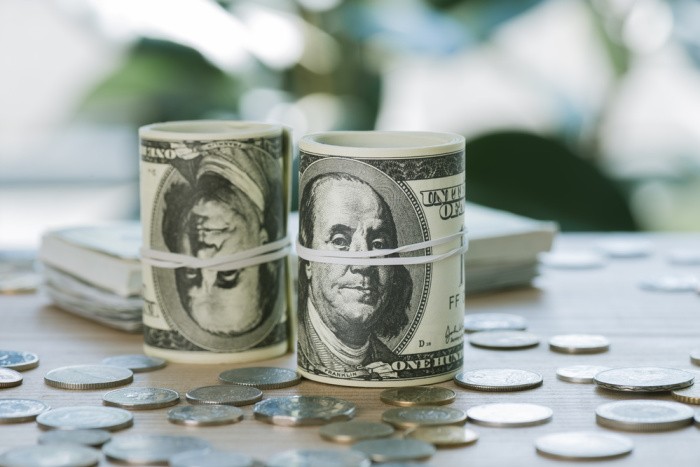

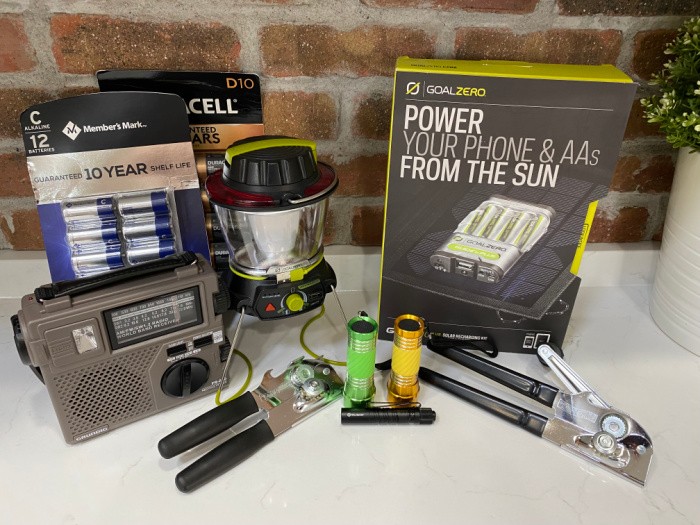
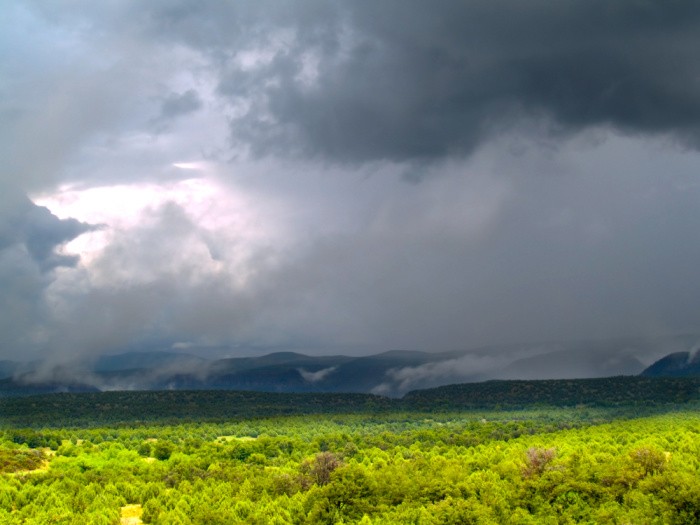
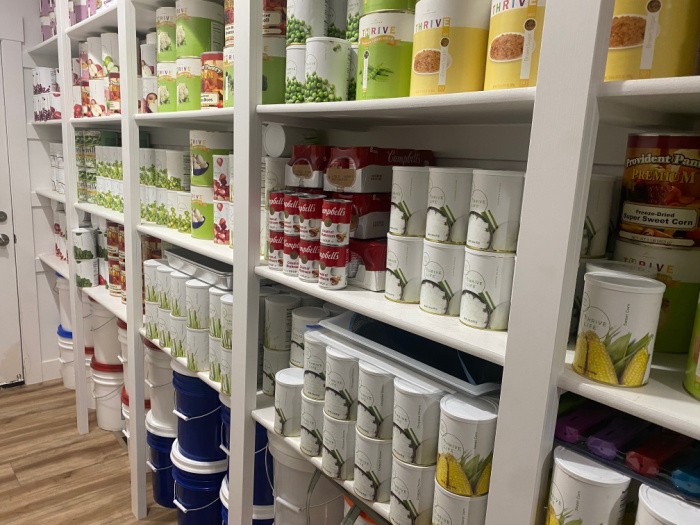
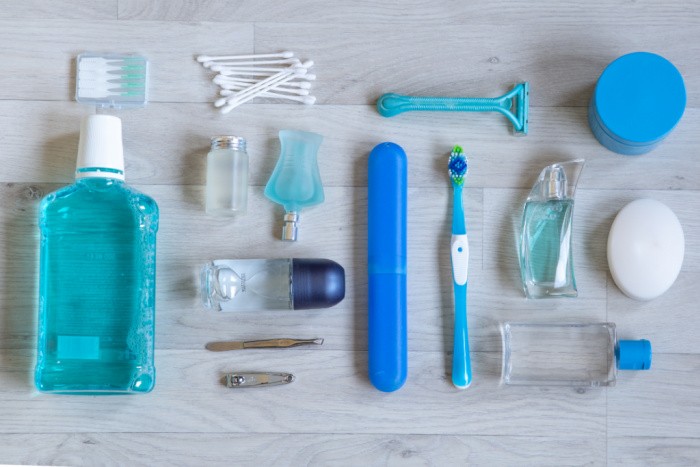
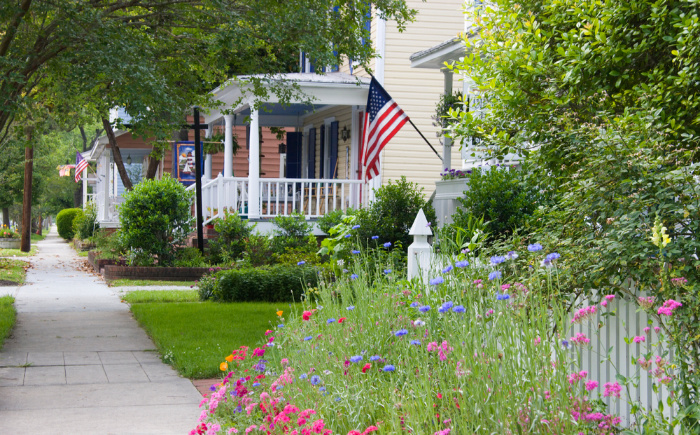
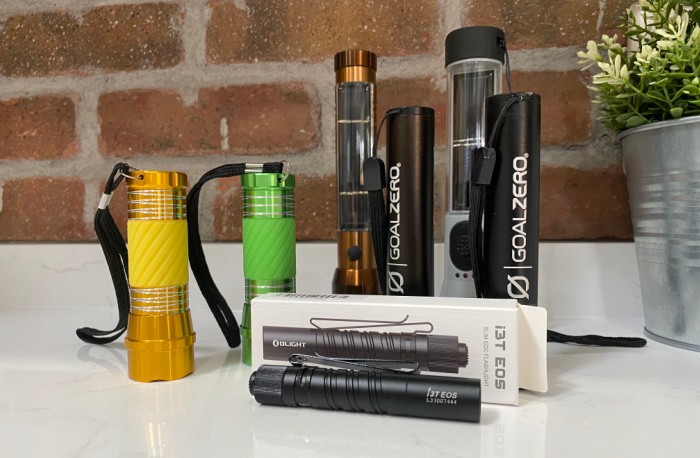

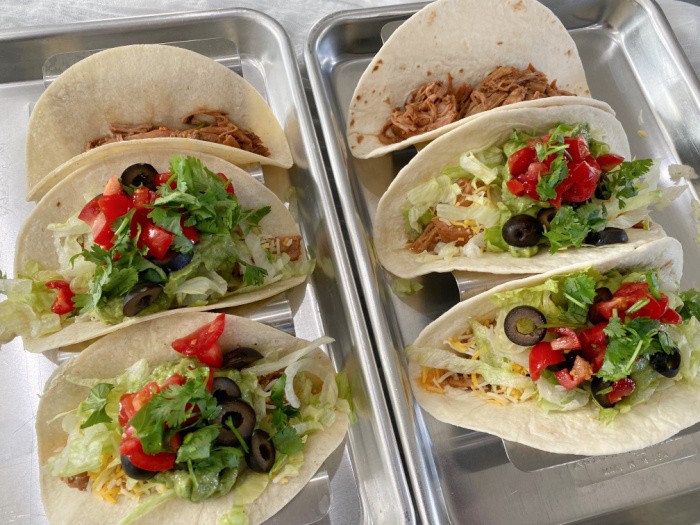

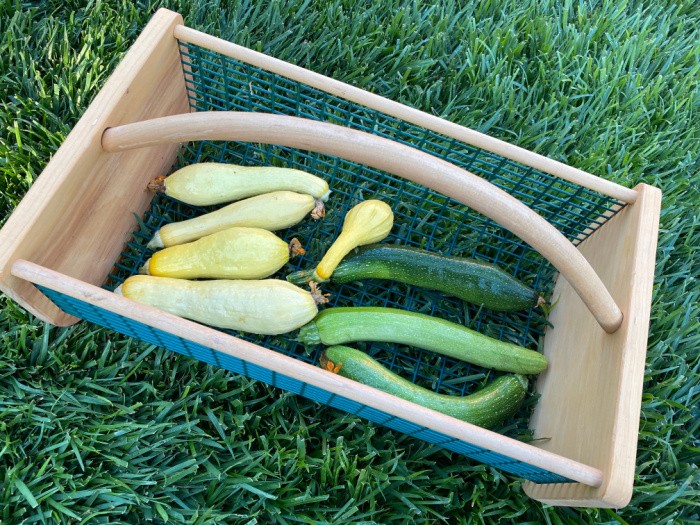
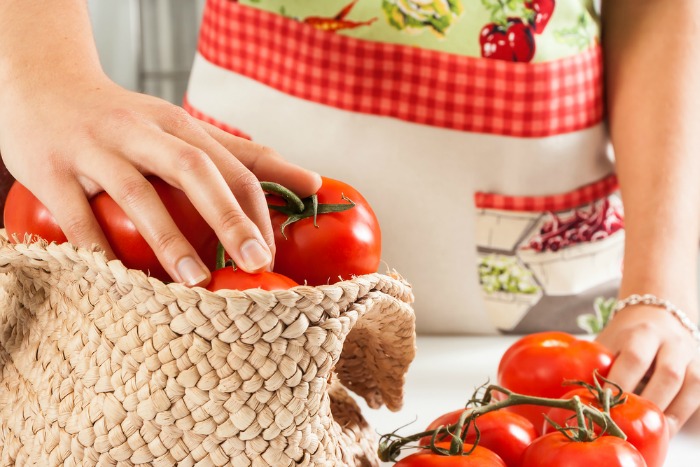

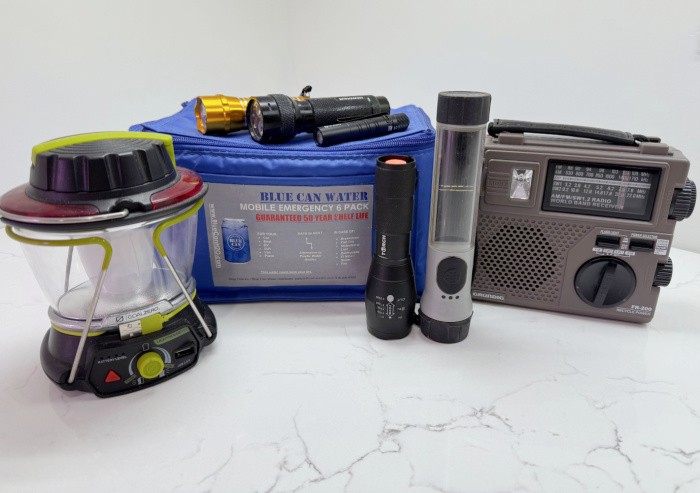
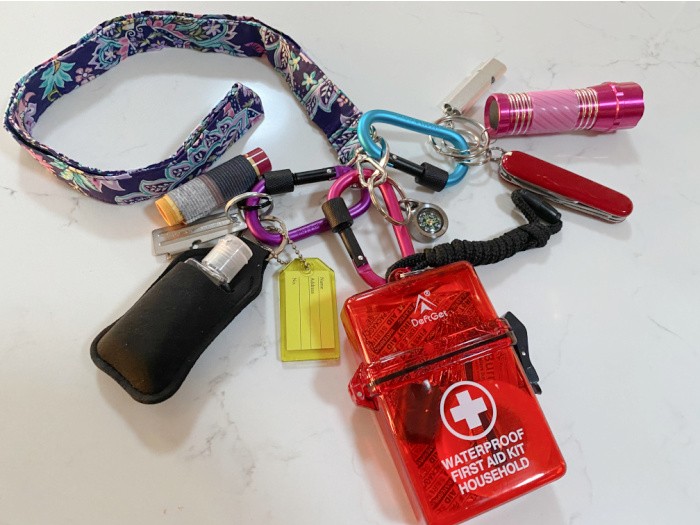





Pretty good list. If ya stray off the list don’t get discouraged and down on yourself and quit. Just slowly get back into it and remember it’s not a race it’s a marathon. Things happen
Hi Matt, yeah I share different things many times to help encourage others to keep going. I like that phrase its not a race its a marathon! Good one! Linda
This is an aspirational list that nicely sums up how to be a good, well prepared community member. I’m slacking a bit on some of these but slowly working on it. I’m printing this post to put in my daily journal so I don’t have to keep writing these things up in my ongoing to do list!
Hi Alice, you’re not the only one slacking, we all slack once in a while. Then we get back on the saddle so to speak. The nice thing is we are all aware of what we must do, that’s the biggest issue. Keep going, my, sweet friend. Linda
I am sadly lacking in some of the areas but always working on them.
I will add a note on the “fireproof” safe. From experience, things kept in fireproof safes are safe from things burning up in them – cash, cards, important documents, etc. BUT if there IS a fire, DO NOT OPEN THE SAFE for several days. If you open the safe right away, those dollar bills, photos, will, etc., will disintegrate once the air hits them. Make sure you give plenty of time for the safe and contents to get cold – not cool- COLD! I also want you to be aware that there may still be damage to the contents of the safe but most will be salvageable. OH – don’t keep coins in the safe either. They will melt and be ruined and possibly ruin the important paper kept in the safe.
Backstory: my family home was destroyed by a fire when I was 12. We had a safe that was “fireproof” and it fell into the basement. Dad opened it as soon as the lock was cool enough to handle with gloves on. Everything was destroyed upon opening because the whole thing was not cold. If I remember correctly, he said one time that the coins in the safe were still glowing from the heat.
When my dad’s house burned in a forest fire 30 some years ago, he had enough forewarning to remove all the important stuff from his safe and take them with him during evacuation. In fact, he took those items but didn’t take any clothes!! He only had the clothes on his back. He later said he could easily replace clothes but important documents could not readily be replaced.
Hi Leanne, wow, this is great advice. Most of us haven’t been through a fire situation. I never would have thought about waiting for the safe to cool to that degree. I never would have thought that coins would melt to that degree either. Thank you so much for this information, it should be of help to my readers. Linda
There are several items on this list I need to make a priority. My biggest issue is procrastination. I have an on going list. The minute I cross off 2 items, I add 4 more. Between trying to be prepared for what ever the world is sending our way, and just trying to stay up with daily livin……..there seems to be no winning.
Right now, the January file purge and preparing tax records are my focus. My husband fixed the generator and the refrigerator. That man is handy.
Hi Chris, oh to have a handy man in the family is pure gold to me anyway! I write these lists whenever I think we can all use some suggestions. That’s including me. January is my biggest purge month as well. Then onto shredding stuff that’s no longer needed to keep. You arte blessed your husband can fix a generator or the refrigerator. I have a few frineds and neighbors and they have to fix their freeze driers occasionally. This has stopped me from getting one besides the cost. If it breaks down Mark and I are not handy to fix big things like that. We are blessed in other areas! Thank goodness! LOL! Linda
Good, practical, common sense list. Just a note on item 11 (Community Involvement), if you can do so without compromising opsec, form a mutual assistance group with like minded neighbors, family and friends. One of the members of my MAG has a good well, others have chickens, goats and horses. One is a doctor, whose wife is an ER Nurse. One is a really good handyman. Most are ex-military, like me. As for me, I’m teaching those who aren’t gardeners how to do that, how to care for chickens, how to keep rodents out of their gardens and food storage and numerous other things. Plus, I have a comprehensive Prepper library.
Gardening news: Yesterday I started 13 varieties of tomatoes inside. I normally stick to 5 that I grow every year but I’m trying several new ones that are supposed to be good in hot, dry conditions. Also, I planted peas three days ago–Broccoli, 5 varieties of carrots, more lettuce, beets and 3 types of cabbage yesterday. Aside from one nasty cold snap, we’ve had a warmer than average winter so far and my gardens are loving it.
Hi Ray, you are so right about having a group to work with that you can trust. You know having someone like you as ex-military, construction builder, gardener and raising chickens to name a few will be such a blessing. It’s all about everyone bringing something to the table to help one another. You know I love hearing what you are planting!!! Having a doctor and ER nurse and a handyman would be awesome in a group!
By the way, the doors to the house are finally coming tomorrow, LOL! We still have to sheetrock, mouldings, cabinets, paint, you know the drill. If I live long enough I may move into it! LOL! Mark and I used to finish basements for kid, and friends. We’re too old now. The builder is going to have to get all of this rolling. Patience is not one of my virtues. LOL! But it is what it is. Linda
FBI director warns Chinese hackers aim to ‘wreak havoc’ on U.S. critical infrastructure.
Here is the article
https://www.yahoo.com/news/fbi-director-warn-chinese-hackers-163721988.html
Hi Kenneth, the power grid going down has been my biggest fear for years. It’s not if it’s when will the hackers hit. This is why I have begged people to read “Lights Out” by Ted Koppel. “Lights Out”
We must be prepared NOW, thank you for sharing! Linda